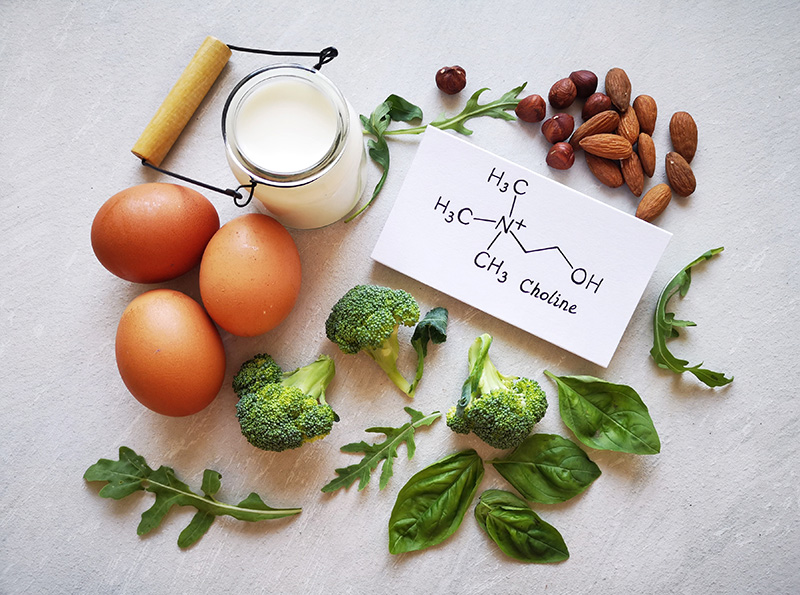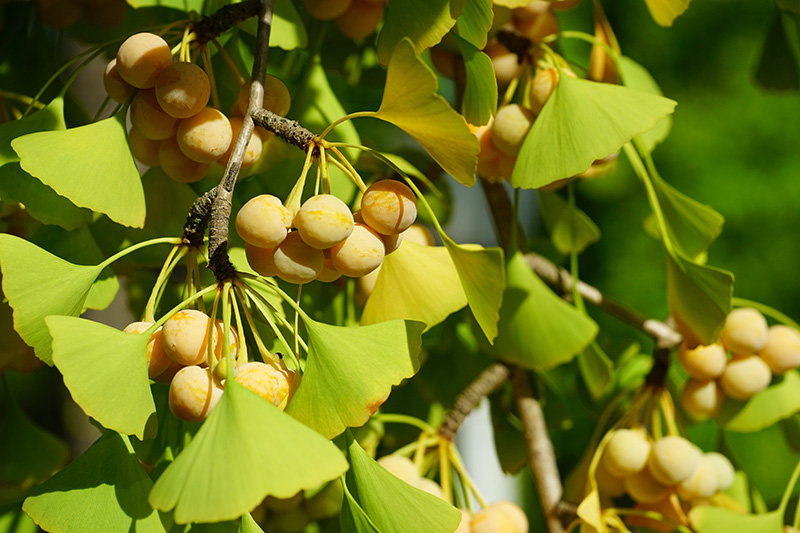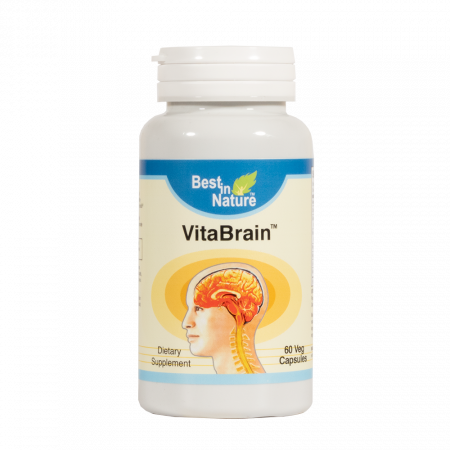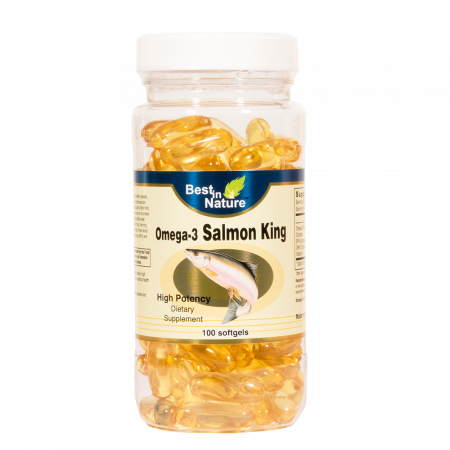
Reviewed and Updated: January 17th, 2024
Keeping your brain sharp is essential for navigating the demands of daily life, whether you're balancing work tasks, studying for an exam, or simply trying to stay focused. Mental clarity plays a key role in how well we handle stress, solve problems, and remember important details. While brain training exercises are popular, did you know that the foods and supplements you consume can have a big impact on cognitive health too? For centuries, certain herbs and nutrients have been used to support brain function, improve memory, and even boost mood. In this article, we’ll explore natural ingredients like choline, Ginkgo biloba, and rosemary extract that you can easily incorporate into your routine to keep your mind in top shape. Let's dive in!
Choline

History:
Choline is a nutrient that has been recognized as essential for brain health, even though it wasn't officially discovered until the 20th century. It's found in common foods like eggs, liver, and soybeans, making it accessible for most diets. Though choline might not be as well-known as other nutrients, it's vital for keeping your brain functioning at its best.
How It Boosts Brain Health:
Choline plays a key role in the production and release of acetylcholine, a neurotransmitter that helps regulate memory, learning, and muscle control. In simple terms, acetylcholine is like the messenger that keeps brain cells communicating smoothly, which is important for staying focused and retaining new information.
Method of Action:
Choline is essential for two main reasons: it helps your brain make acetylcholine, and it's a building block for cell membranes. This means choline helps keep your brain cells healthy and supports efficient communication between them.
Key Findings from Studies:
Research shows that people with higher choline intake tend to perform better on memory and cognitive tests. It’s especially important for pregnant women, as choline plays a big role in brain development for the baby, supporting lifelong cognitive health from before birth well into old age.
Ginkgo Biloba

History:
Ginkgo biloba has been used for thousands of years in traditional Chinese medicine, where it was valued for its ability to support brain function and overall vitality. This ancient tree is often called a "living fossil" because its species has survived for millions of years, making it one of the oldest plants still in use today.
How It Boosts Brain Health:
Ginkgo biloba is known for improving blood flow, especially to the brain (aka cerebrovascular circulation). Better circulation means more oxygen and nutrients reach brain cells, which can lead to sharper memory and improved focus. If you're looking to enhance your concentration, Ginkgo may be a helpful addition to your routine. Recent research suggests that it may help protect nerve cells damaged by Alzheimer’s disease resulting in a positive impact on memory and cognitive function.
Method of Action:
The herb is packed with antioxidants, which help protect brain cells from damage caused by oxidative stress. This stress can occur when there are too many harmful molecules in your system, and antioxidants like those in Ginkgo biloba step in to neutralize them and keep your neurons healthy. Remember that many age-related conditions are a result of oxidative stress and inflammation.
Key Findings from Studies:
Research has shown that Ginkgo biloba may help slow cognitive decline, particularly in older adults. Some studies suggest that it could be beneficial in delaying the onset of conditions like dementia by supporting overall brain health and function. If you're concerned about maintaining cognitive sharpness as you age, Ginkgo biloba might offer some support.
Huperzia Serrata

History:
Huperzia serrata, also known as club moss, has been used in traditional Chinese medicine for centuries to help with memory and cognitive function. Although it's not as widely known in the Western world, its use for brain health has been gaining attention thanks to modern research.
How It Boosts Brain Health:
Huperzia serrata is particularly effective at supporting memory and learning. It works by preventing the breakdown of acetylcholine, a neurotransmitter that's essential for learning and memory (remember that choline above helps with acetylcholine production). When acetylcholine levels are higher, your brain can perform better in tasks involving focus and information retention.
Method of Action:
Huperzia serrata is classified as an acetylcholinesterase inhibitor, meaning it blocks the enzyme (acetylcholinesterase) responsible for breaking down acetylcholine. By doing this, it helps maintain higher levels of this neurotransmitter, which enhances cognitive function and mental clarity.
Key Findings from Studies:
Studies have shown that Huperzia serrata may have potential benefits in treating cognitive disorders like Alzheimer's disease. Its ability to preserve acetylcholine levels has made it a promising natural compound for improving memory and slowing down cognitive decline in people with neurodegenerative conditions.
Rosemary Extract

History:
Rosemary doesn’t just provide flavor. It has long been valued for its ability to enhance memory and mental clarity. Its use dates back to ancient civilizations, where it was often associated with remembrance and wisdom. In folk medicine, rosemary was used to boost cognitive performance, and even today, you’ll find it in various cultures as a natural aid for concentration and mental sharpness.
How It Boosts Brain Health:
Rosemary extract is known to stimulate brain activity by increasing acetylcholine, which improves cognitive function, improving focus and mood. Whether through consumption or simply inhaling its scent, rosemary has been shown to enhance concentration and lift your spirits, making it an excellent, natural tool for staying mentally alert throughout the day.
Method of Action:
The brain-boosting effects of rosemary come from its powerful antioxidant and anti-inflammatory properties. These help protect brain cells from oxidative stress and damage, which can otherwise impair cognitive function. Remember that inflammation and oxidative stress lead to age-related conditions including Alzheimer’s. Rosemary neuroprotective effects support long-term brain health.
Key Findings from Studies:
Research suggests that even the aroma of rosemary can have a remarkable impact on cognitive performance. Studies show that smelling rosemary essential oil may improve memory and increase mental alertness. This makes rosemary a unique brain-boosting herb that you can incorporate into your daily routine in various ways—from cooking to aromatherapy.
VitaBrain’s New Formula
VitaBrain’s new formula is based on the latest research on these historically vital, brain-boosting compounds. It blends them in the perfect amounts for a powerful combined effect.
Bottom Line
Incorporating brain-boosting herbs and nutrients like choline, Ginkgo biloba, Huperzia serrata, and rosemary into your daily routine can do wonders for mental clarity, memory, and overall cognitive performance. By adding these natural ingredients to your diet, you're taking a proactive step toward supporting your brain health. Remember, consistency is key—long-term, regular intake will provide the best results. So, whether you're looking to improve focus or just keep your mind sharp, consider these powerful herbs and nutrients as part of your wellness journey. Let’s make brain health a priority, one small step at a time!
* This article is for informational purposes only and doesn’t constitute medical advice. For immediate health concerns, please consult your physician.
These statements have not been evaluated by the Food and Drug Administration. Products are not intended to diagnose, treat, cure or prevent disease.
© 2024 Best in Nature All rights reserved








Validate your login
Sign In
Create New Account